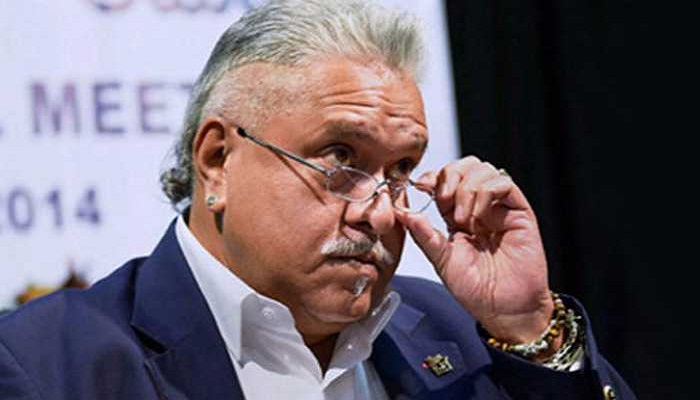
The legal case against Mallya takes new turns with the latest verdict. Here are the details of the case.
Vijay Mallya’s defense team on Tuesday argued that there was no evidence to support the case of fraud presented against him by the government of India as the liquor baron returned to court here on day two of his extradition trial.
The 61-year-old, wanted in India on charges of fraud and money laundering amounting to around Rs 9,000 crores, was in the dock at Westminster Magistrates’ Court for his defense, headed by barrister Clare Montgomery.
Montgomery opened her arguments by stating that there was no evidence to support the case of fraud.
On the opening day of the trial, the Crown Prosecution Service (CPS), arguing on behalf of the Indian government, had asserted that the embattled liquor baron had a “case of fraud” to answer.
Montgomery claimed that the evidence presented by the CPS, on the direction of the Indian government, to prove a case of fraud amounted to “zero”, which she said was a “critical failure on the part of the government of India”.
She claimed that the government does not have a credible case to support the argument that the borrowing by Mallya was fraudulent and he had no intentions to pay back the loans he sought because his profit projections for loss-making Kingfisher Airlines were unreliable.
“The reality is that the profitability of an airline depends on economic factors, which are largely cyclical and largely out of the control of the airline itself,” she said. re-arrested in October, is being focused on by the CPS less at this stage.
Summers told the court that the Indian government says there are reasons why a court can conclude that the bank loans at the center of the fraud case were ones the “defendant (Mallya) never intended to repay”.
While Kingfisher Airlines and the airline industry were in “intensive care”, Mallya chose to palm off the losses to banks, in particular, state-owned banks.
The opening day’s proceedings were concluded with an assertion by the CPS that it had “shown by virtue of evidence a prima facie case” against Mallya and the hearing should now move to the next phase of any “bars to extradition”.
The next phase is when factors such as prison conditions in India are likely to take center-stage.
The CPS had earlier admitted that there may have been “irregularities” in the internal processes of the banks sanctioning some of those loans but that would be a question to be dealt with at a later stage in India.
“The focus of our case will be on his (Mallya’s) conduct and how he misled the bank and misused the proceeds,” Summers said, as he presented a detailed chronology of events with the specific focus on a loan sought by Kingfisher Airlines from IDBI bank in November 2009.
His erstwhile Kingfisher Airlines owes several Indian banks around Rs 9,000 crores.
Mallya, who was arrested by Scotland Yard on an extradition warrant in April this year, has been out on bail on a bond worth 650,000 pounds.
His trial is scheduled to end on December 14, with Wednesday and Friday marked non-sitting days.

Post Your Comments